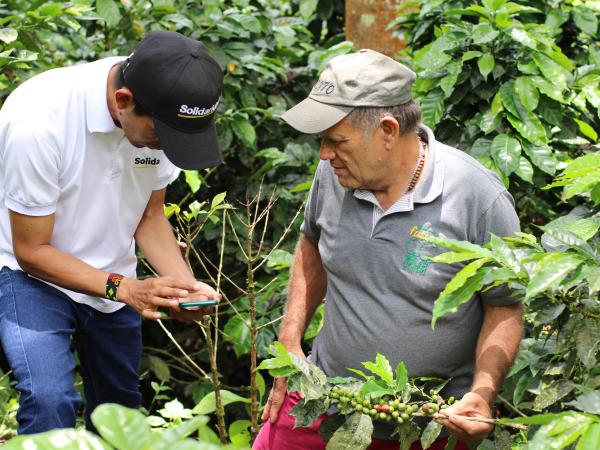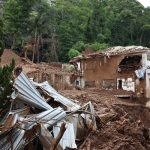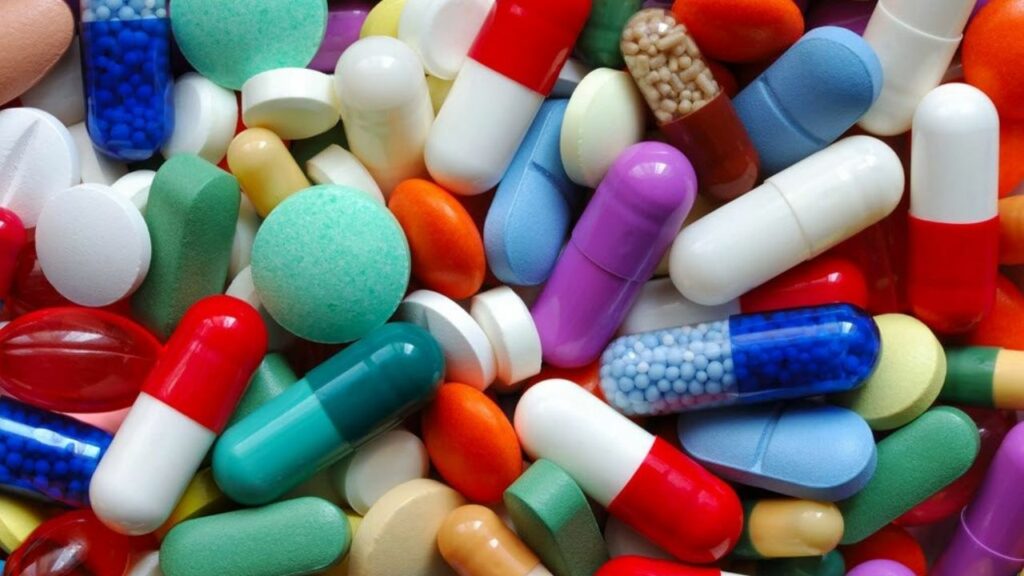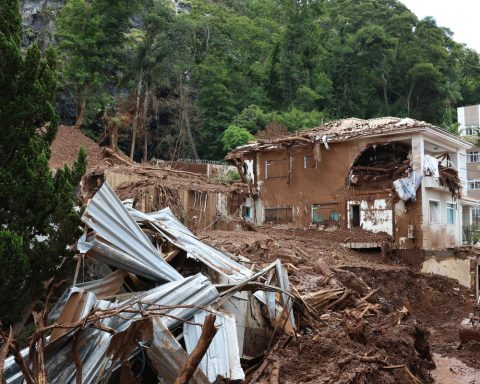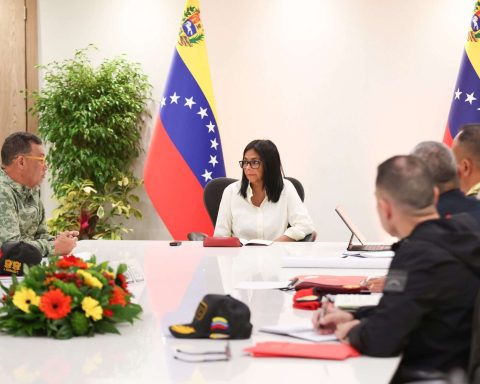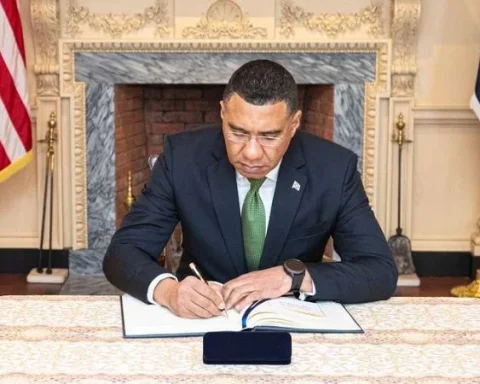Currently, sustainable crops and the integration of technology are gaining importance in Colombian fields. In this sense, different organizations such as the Agrarian Bank and Solidarity Network They have worked hand in hand with coffee growers and different producers in the transition towards a more technical field.
(CAF outlined a roadmap for green financing in the coffee sector).
The two entities came together to improve rural communities, since as they indicate, by 2050 at least 50% of coffee areas would be affected by climate change. However, in order to overcome these challenges, the alliance between these institutions will allow Solidaridad to reach Banco Agrario’s clients, at a national level, with “Solutions for production that is more resilient to climate change and carbon capture on the farms of bank users, through agroforestry systems.”
Through the technological platform acorndeveloped by Rabobank and Microsoft and implemented by Solidarity Network, coffee and cocoa farmers will be able to sell their products, but they will also be able to trade the carbon sequestration of the trees planted on their farms.
Today Colombian producers reach 1,200 users of the platform and work is underway to reach 25,000.
(Benefits for coffee companies when exporting with AEO certificate).
Regarding carbon capture figures, according to Acorn, each CRU is equivalent to one ton of CO2 captured, this is sold through the application for 20 euros, where the producer receives 80% of the transaction and the 20% is for platform maintenance and operating expenses. “These catches are highly desired by large companies globally, which are interested in offsetting their CO2 emissions,” they affirm.
For its part, the participation of the Agrarian Bank will provide producers with access to suitable financial services for the economic activity of each producer and, in addition, these benefits will help the integrated sectors shield agricultural activities against climate change.
For Joel Brounen, country manager of Solidaridad Network in Colombia, “Banco Agrario and Solidaridad share the mission of making rural communities more resilient to climate change, through this alliance we managed to connect producers with international carbon markets.”
Colombian producers are the face of change for improving the climate. Such was the case of Rosa Inés Restrepo, who represented Colombian coffee growers and small producers at an event held by Clinton Global Initiative and The Dutch Postcode Lottery in New York.
(They warn about possible impacts on the coffee supply chain).
“My greatest joy was a week ago when Solidaridad informed me that 1 of the 5 lots I have on the farm, with coffee associated with the trees, is capturing 7 tons of carbon dioxide and that thanks to this I was going to receive financial compensation. ”, assured the coffee grower. Likewise, he highlighted that in Santuario, Risaralda, 26 farmers have been awarded for taking care of their trees.
Investments for care
According to Solidaridad, the Dream Fund of the Dutch lottery will invest 3.2 million euros, with which the organization hopes to benefit more than 25,000 small producers in the next 4 years.
“We are proud to be able to provide this opportunity to more small producers. This is compensation, for the great contribution that our peasants make (…) to combat climate change”assured Carlos Isaza, manager of the Solidaridad Network Coffee Program.
DIANA K. RODRIGUEZ T.
